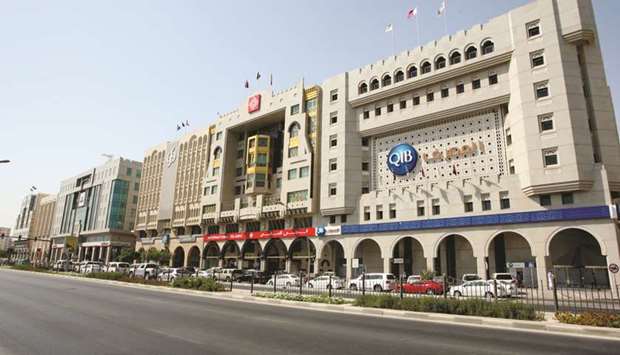Mastercard has partnered with a range of Qatari banks and financial institutions to create a “smart and connected economy” for all, said Khalid Elgibali, division president-Middle East and North Africa, Mastercard.
“Our recent partnership with Qatar National Bank marks an important and historic milestone for our strategic plans in Sudan and across Africa. Qatar National Bank is the first bank in Sudan to obtain an issuance licence from Mastercard.
“We expect the partnership to contribute to the evolving payments landscape in Sudan, leave a lasting and positive impact on the economy, and open new markets for us as we work towards including 1bn people in the digital economy by 2025,” Elgibali told Gulf Times in an interview.
He said, “We worked with Qatar Islamic Bank to launch the first co-branded corporate credit card in Qatar – an innovative and Shariah-compliant payment solution for corporates and SMEs to manage their purchasing, travel and entertainment expenses. Another notable partnership was with Ooredeo in 2018 to launch Masterpass – a simple, convenient and trusted digital payment service for faster and safe shopping at thousands of retailers – online, in-app or in-store.
“We have also stayed true to our commitment to offer people priceless experiences by connecting them with their passions. Our luxury offerings, “World Elite” and “World Elite Exclusive” credit cards offer a range of travel benefits to private banking customers, delivering a product that complements the way they live and travel, and reinforcing the universal truth that experiences matter more than things. In Qatar, we have launched the World Elite Credit card in partnership with QIB, Commercial Bank and Doha Bank.”
Elgibali said the Covid-19 pandemic has accelerated the trend towards digital banking as more consumers avoid trips to brick-and-mortar branches in light of lockdowns and social distancing measures.
Banks are increasingly focusing on their digital platforms to drive demand and establish meaningful connections, with the online and mobile experience becoming a primary area of differentiation and competition.
“Digital banking solutions will increasingly need to focus on reducing barriers for financial literacy and achieving financial inclusion, which we believe, is the key to unlocking inclusive growth in our region. We have made a global commitment to empower 1bn people by including them in the digital economy by 2025.
“Following on from Covid-19, we also expect banks to move away from purely transactional digital solutions and design more advisory products that offer deeper customer engagement and better serve people’s financial needs. This will mean moving away from legacy technologies and adopting more agile and scalable solutions, such as cloud platforms and AI, or machine learning. As a technology company, we work closely with the public and private sector to advance innovation and digitisation to facilitate these solutions and ensure a more connected future.”
Mastercard received a licence to operate in Qatar in June 2012 and in 2013, opened an office in Doha as part of its efforts to expand its presence across MEA. This followed a series of strategic partnerships with Qatar’s leading financial institutions, and the launch of several notable initiatives including the Mastercard PayPass payments programme, which enabled customers to make payments by simply tapping their contactless card, key fob or cell phone on a point-of-sale terminal reader, Elgibali added.
Business / Business
‘Qatari banks focusing on digital platforms to drive demand, establish meaningful connections’


